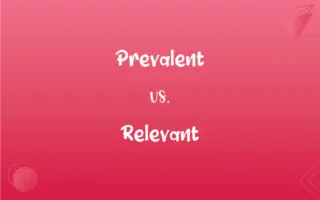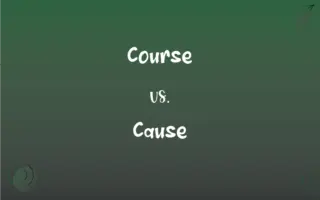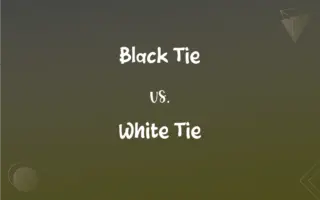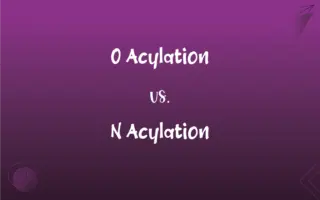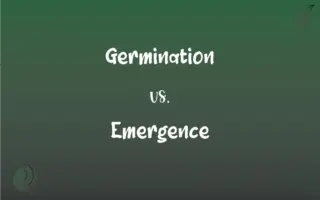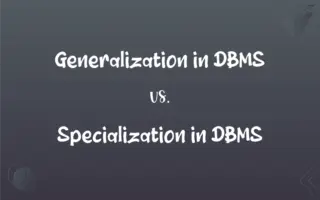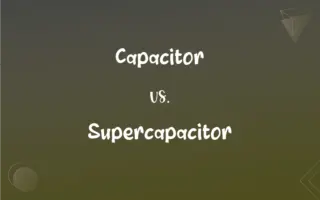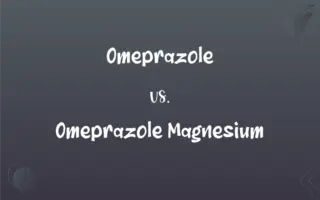Premiss vs. Premise: What's the Difference?
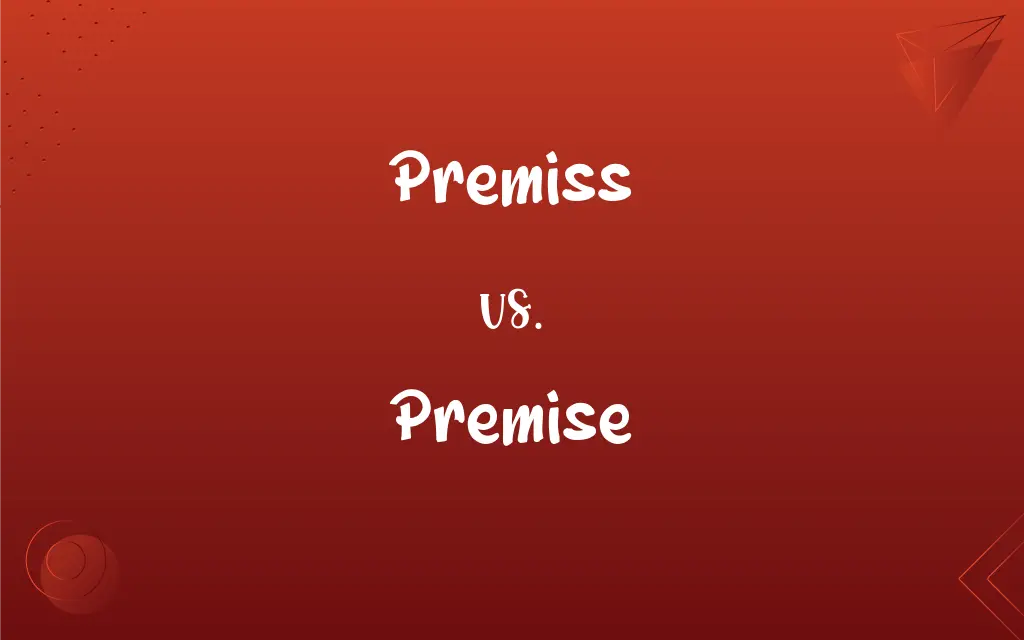
Premiss and Premise Definitions
Premiss
Alternative spelling of premise
Premise
A proposition upon which an argument is based or from which a conclusion is drawn.
Premiss
Alternative spelling of premise
Premise
One of the propositions in a deductive argument.
Premiss
Premise.
ADVERTISEMENT
Premise
Either the major or the minor proposition of a syllogism, from which the conclusion is drawn.
Premiss
A statement that is assumed to be true and from which a conclusion can be drawn;
On the assumption that he has been injured we can infer that he will not to play
Premise
Land, the buildings on it, or both the land and the buildings on it.
Premiss
Take something as preexisting and given
Premise
A building or particular portion of a building.
ADVERTISEMENT
Premise
(Law) The part of a deed that states the details of the conveyance of the property.
Premise
To provide a basis for; base
"The American Revolution had been premised on a tacit bargain that regional conflicts would be subordinated to the need for unity among the states" (Ron Chernow).
Premise
To state or assume as a proposition in an argument.
Premise
To state in advance as an introduction or explanation.
Premise
A proposition antecedently supposed or proved; something previously stated or assumed as the basis of further argument; a condition; a supposition.
Premise
(logic) Any of the first propositions of a syllogism, from which the conclusion is deduced.
Premise
Matters previously stated or set forth; especially, that part in the beginning of a deed, the office of which is to express the grantor and grantee, and the land or thing granted or conveyed, and all that precedes the habendum; the thing demised or granted.
Premise
A piece of real estate; a building and its adjuncts.
Trespass on another’s premises
Premise
(authorship) The fundamental concept that drives the plot of a film or other story.
Premise
To state or assume something as a proposition to an argument.
Premise
To make a premise.
Premise
To set forth beforehand, or as introductory to the main subject; to offer previously, as something to explain or aid in understanding what follows.
Premise
To send before the time, or beforehand; hence, to cause to be before something else; to employ previously.
Premise
A proposition antecedently supposed or proved; something previously stated or assumed as the basis of further argument; a condition; a supposition.
The premises observed,Thy will by my performance shall be served.
Premise
Either of the first two propositions of a syllogism, from which the conclusion is drawn.
While the premises stand firm, it is impossible to shake the conclusion.
Premise
Matters previously stated or set forth; esp., that part in the beginning of a deed, the office of which is to express the grantor and grantee, and the land or thing granted or conveyed, and all that precedes the habendum; the thing demised or granted.
Premise
A piece of real estate; a building and its adjuncts; as, to lease premises; to trespass on another's premises.
Premise
To send before the time, or beforehand; hence, to cause to be before something else; to employ previously.
The premised flames of the last day.
If venesection and a cathartic be premised.
Premise
To set forth beforehand, or as introductory to the main subject; to offer previously, as something to explain or aid in understanding what follows; especially, to lay down premises or first propositions, on which rest the subsequent reasonings.
I premise these particulars that the reader may know that I enter upon it as a very ungrateful task.
Premise
To make a premise; to set forth something as a premise.
Premise
A statement that is assumed to be true and from which a conclusion can be drawn;
On the assumption that he has been injured we can infer that he will not to play
Premise
Set forth beforehand, often as an explanation;
He premised these remarks so that his readers might understand
Premise
Furnish with a preface or introduction;
She always precedes her lectures with a joke
He prefaced his lecture with a critical remark about the institution
Premise
Take something as preexisting and given






